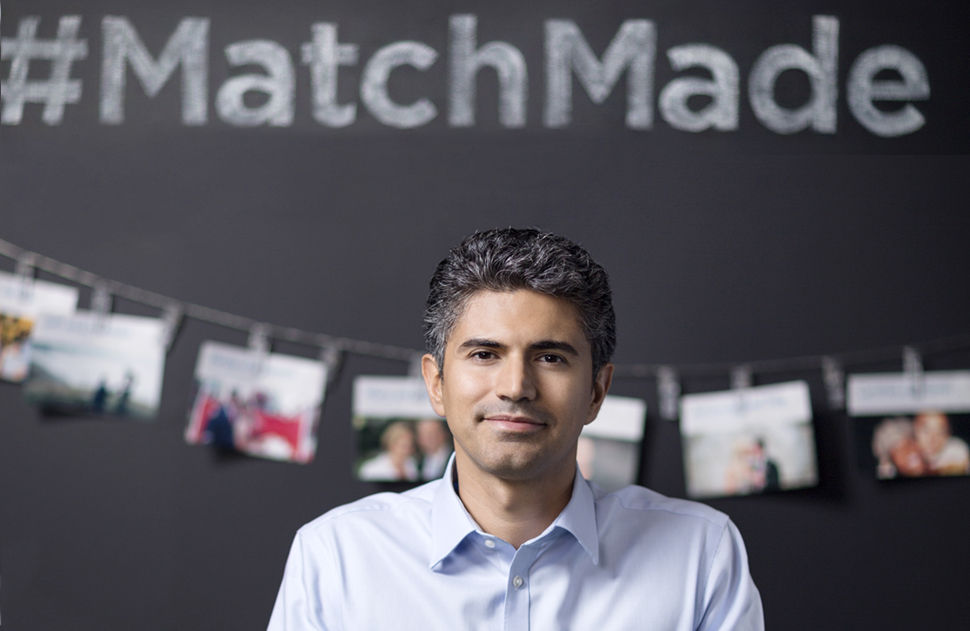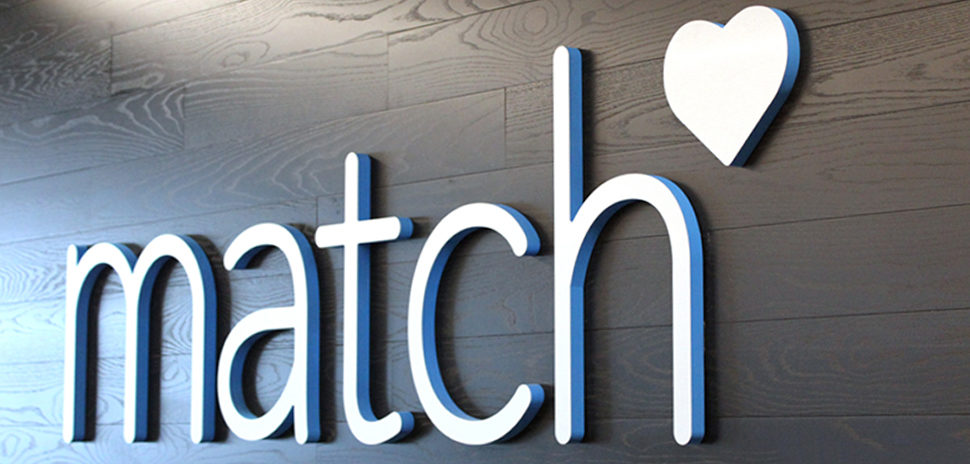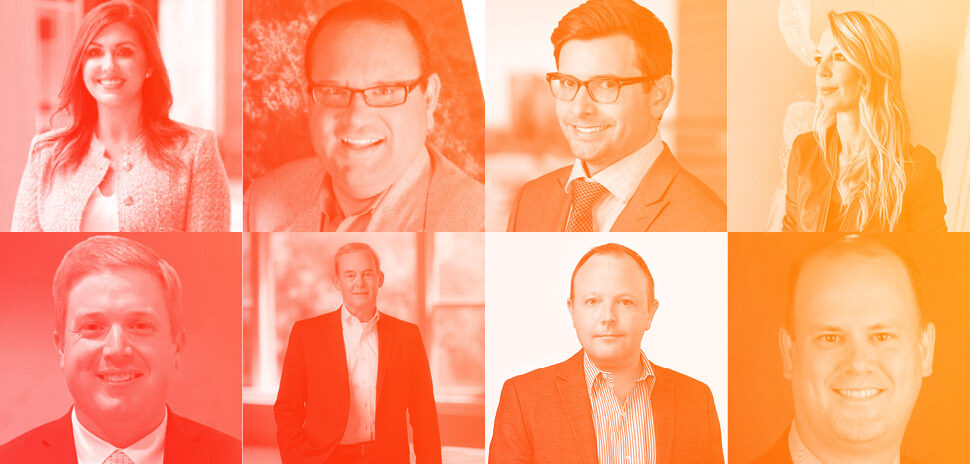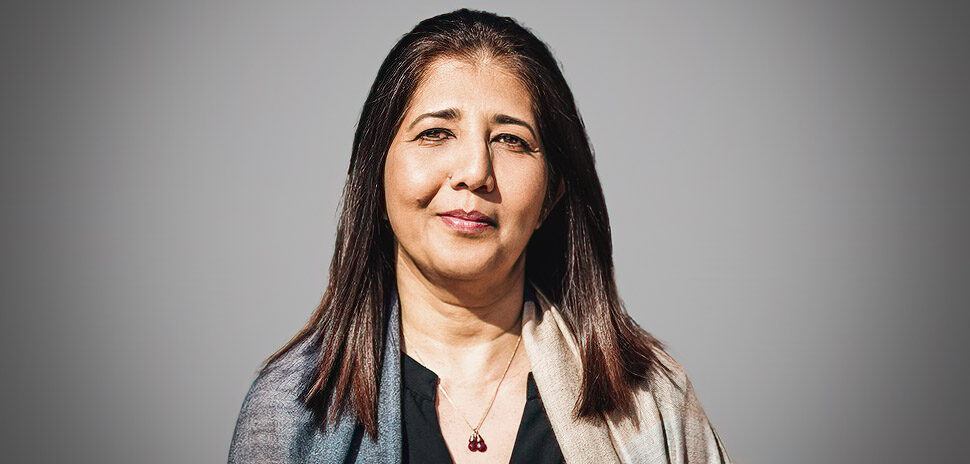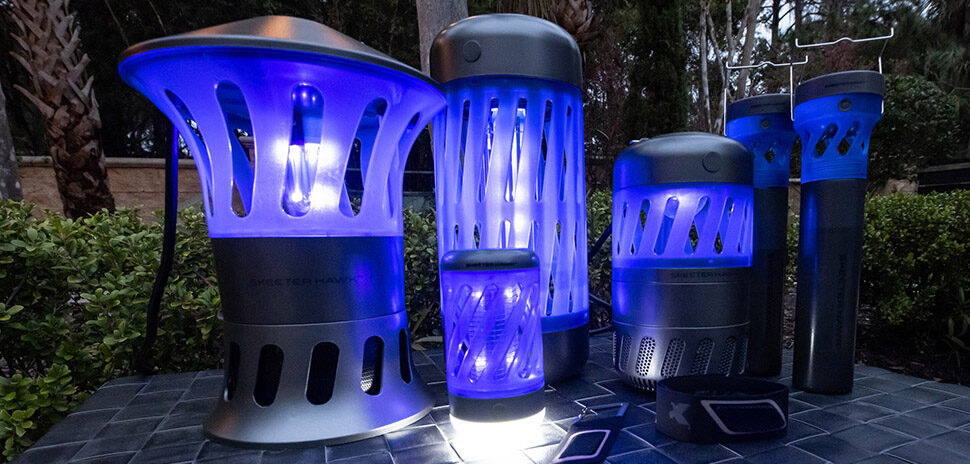Like nearly every other day-to-day human activity, the world of dating lives in the palms of our hands. Mobile applications are now the number one way people form connections in the U.S., with one in three relationships starting over a smartphone. Over half of all singles have taken the online route at some point in time.
Welcome to the dating apocalypse. Dating fatigue and app burnout are now common phrases in the big wide world of romance as the swipe generation becomes the cultural norm.
But, while matchmaking apps may foster the introduction, most of the ups and downs of dating come after you sign off the app and meet IRL.
Hesam Hosseini, the CEO of Dallas-based Match, recognizes that these days, courtship is often confined to buttons on a screen. And in his fairly new role, Hosseini is trying to change that.
“For us, if we’re in the business of relationships, let’s not constrain ourselves to a screen or a phone. What else can we do to help our members be successful?” Hosseini told Dallas Innovates. “If our mission is to help you get into a relationship, what more can we do beyond just setting up the first date? What more can we do to add value?”
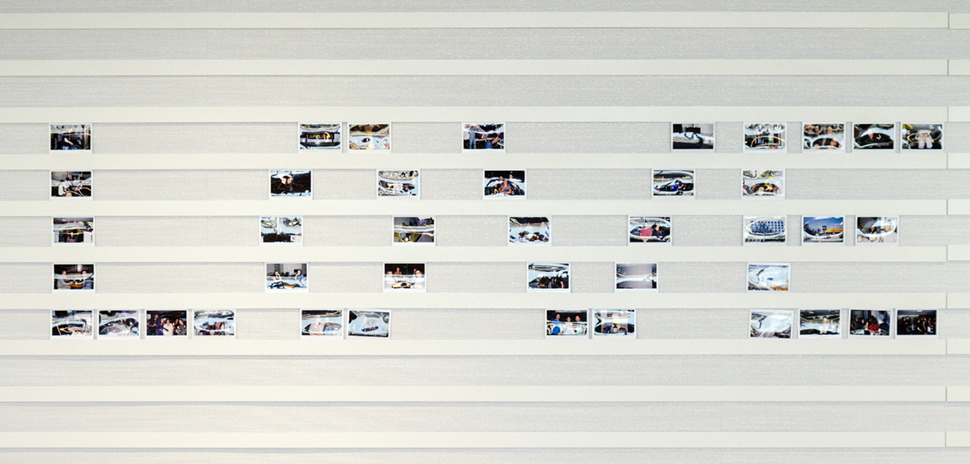
The Match offices in Dallas are a direct reflection of the company’s mission: helping people form relationships. [Photo: Courtesy Match]
You can ask Match about that
Since taking the helm of Match about a year and a half ago, Hosseini’s honed his focus on being with users for every step of a relationship, starting with the first date. He and his team gave Match a makeover, completely overhauling the app so much that it’s unrecognizable from a year ago.
But to really overcome the dull monotony that can come with modern dating, there needed to be a shift in mindset on the journey to monogamy. Hosseini want to slow people down—there’s a strict no swiping rule on Match, so users have to deliberately spend more than a second on somebody’s profile.
“I don’t think finding a first date is a problem, but are people really having good dates? Match has never been about quantity. It’s always been about quality,” he says. “I think we have to date a little bit smarter, helping people realize what they want and getting them to change their behavior a little bit.”
And Hosseini’s idea was to use real people to do it. That’s where Match’s newly launched service comes in: AskMatch.
AskMatch is essentially a “dating coach” that’s free and available to use by all paying members (costs vary depending on your subscription package). With the tap of a button, users can speak to a highly trained coach—each one is literally put through a Match boot camp—over the phone to ask about anything concerning their dating life.
“A lot of people ask about their dating profile. Everyone’s curious how they’re doing. So we give you feedback, we give tips on your profile and photos,” Hosseini says. “But a lot of the conversations are about IRL dating. People might say, ‘Hey, I’m on date three, and I don’t know how to approach the conversation of where this is going.’ Or, ‘We had a first date and he’s sending me this cryptic text, what do I do?’ So whatever question you have, our dating coaches are available.”
Users are able to ask hyper-specific questions about a specific match or request broader advice. Once approved, a coach is able to view the first snippet of a user’s messages right away, but they can’t read entire conversations unless asked to do so.
You don’t necessarily have to be on Match, either. “If you’re on three different apps—which on-average people are—and you call us, we’ll give you advice on your whole dating life,” Hosseini says.
But the love counseling does absolutely have to be given via a phone conversation.
“We tell folks, especially younger Millennials, that you don’t date over text. You have to pick up the phone now and then,” Hosseini says. “Texting is great, but it’s not great for everything. So that’s lesson number one: you have to pick up the phone when it comes to forming a human connection.”
AskMatch is currently being introduced across the country, rolling out in Texas last week.
The biggest takers, so far, have been men, which Hosseini isn’t that surprised by considering they tend to talk about their dating life much less than women. User feedback seems to be that people are more comfortable sharing intimate details with a third party stranger outside of their own circle.
By adding the human touch of a real-life expert, Hosseini says, Match is able to provide more meaningful results.
“We’re the first app to actually have humans involved in the process. I think when it comes to love and relationships, which is what we’re focused on, my belief is algorithms can only do so much,” Hosseini says. “So there’s been a lot of talk about algorithms, social networks, and the internet recently. We, of course, have data scientists here. But I think to get the best results, you’ve got to marry those with a human.”
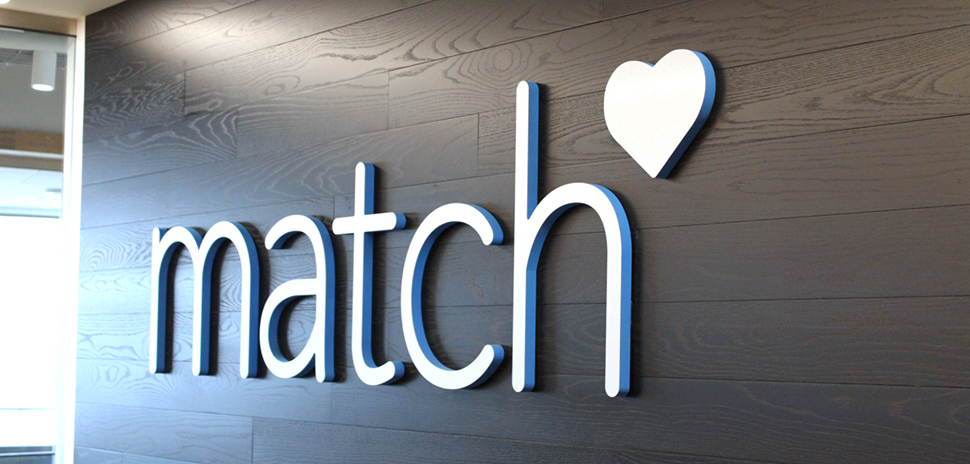
[Photo: Courtesy Match]
Hosseini aims to ramp up the service in the future by leveraging the technology and coupling it with a dating coach. An algorithm, for instance, would be able to surface some bad habits—messaging late at night, ghosting—and the coach would then make suggestions based on that personal data.
“If we can play our part in helping the world have better dates, I think that’s a pretty good mission,” Hosseini says. “It’s a mission that’s true to us: helping folks get in a relationship.”
Dallas made
Hosseini’s been at Match Group for more than a decade, mostly working on high-growth sectors where the company makes big changes. He most recently ran the Canadian service PlentyOfFish.
But he says it was “no accident” the parent company brought him into this new role at Match considering the changes Match Group’s gone through in the past few years.
Match has long been considered the OG online romantic facilitator, having pioneered the entire category with a desktop site over two decades ago. The brand is sticking to what it knows best—facilitating relationships—but in the increasingly crowded app industry, Hosseini intends to lead the next era beyond the first date.
“I’m 34, I argue that our average member base is 34. So these are my friends that I’m building this product for,” he says. “My entire team is either in their 20s or 30s. So we were brought in to sort of overhaul Match. We kind of knew that if we didn’t do this, we’d start to fall behind.”
Match has played a major personal role in Hosseini’s life—he moved to Dallas for the job, but stayed after he met his wife within the company. He thinks it’s funny that while Match is a well-known name across the country, many don’t realize it’s based here in North Texas. But that’s also what makes it a strong force.
“We’re a pretty big consumer app when it comes to awareness. And when people think of dating apps, they think of Match,” he says. “In terms of consumer facing brands, I think that’s what Dallas needs more of. When we look at the Dallas market, there’s a lot of great tech companies. But I don’t know a lot of other household names that live on a lot of phones that are based in Dallas. And I think that’s our story for the city.”
This article was updated on Sept. 3 to remove the .com in Match.com.
![]()
Get on the list.
Dallas Innovates, every day.
Sign up to keep your eye on what’s new and next in Dallas-Fort Worth, every day.

